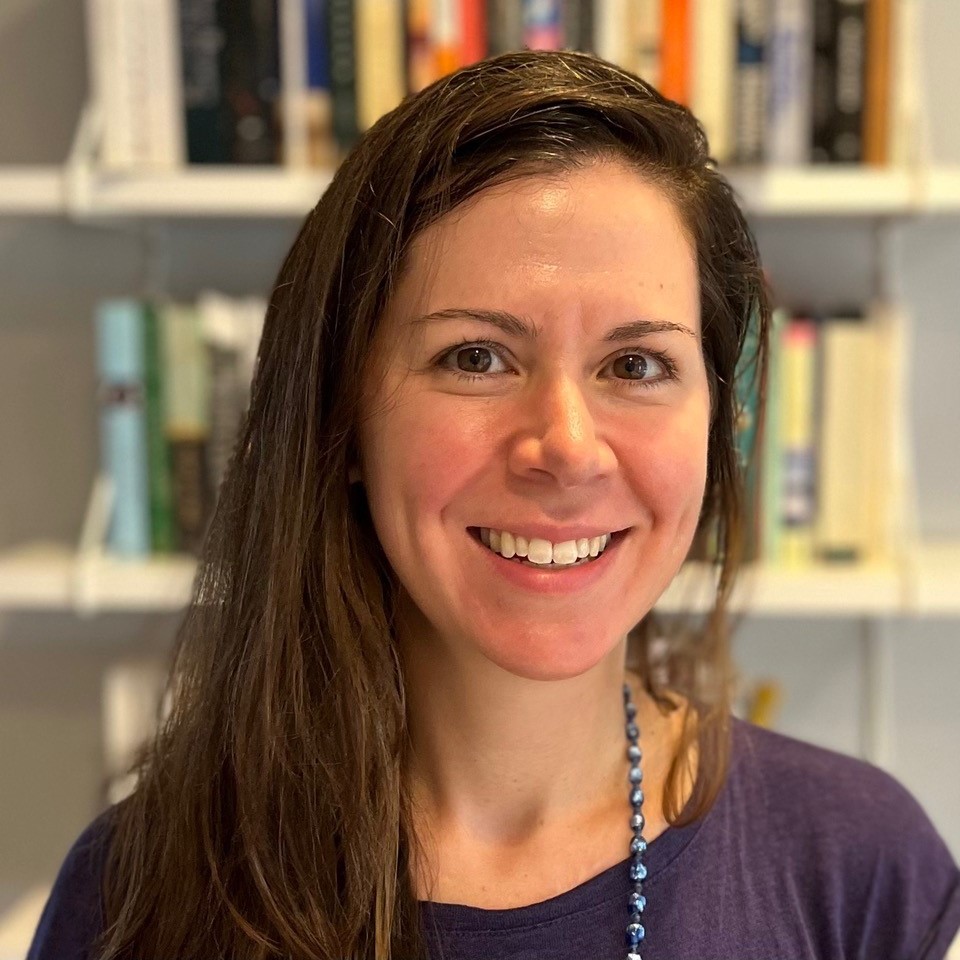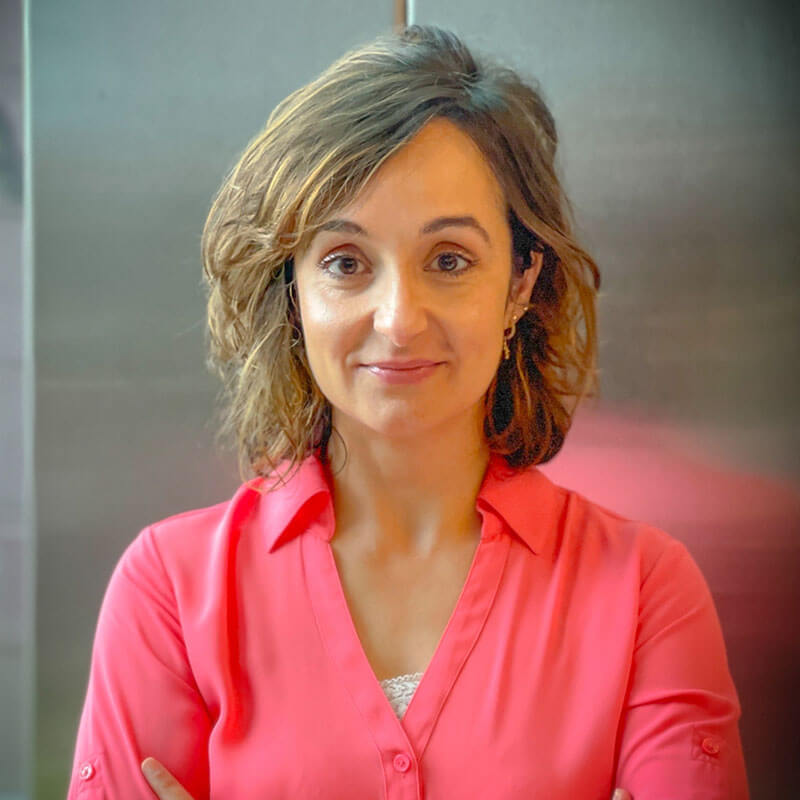Event Series
Perspectives on Cancer and Aging
Aging is a risk factor for cancer, and evidence suggests that cancer and its treatments can accelerate aging. A central aim of geroscience is to develop interventions that slow, reverse, or stop the detrimental molecular and cellular changes that occur with aging to improve health and reduce disease burden, including cancer and cancer-related outcomes. Over the last decade, researchers have made significant progress on multiple iterations of biomarkers and diverse aging clocks that can assess one’s rate of aging relative to the general population. Aging clocks have been trained and tested on a wide range of epigenome, proteome, microbiome, and imaging data. Recently, these clocks have been used to predict cancer risk and treatment-related outcomes in cancer survivors.
On May 16th, the webinar focused on biomarkers of aging in the context of cancer risk. Speakers discussed how biomarkers of aging or aging clocks are being used in cancer research and where they see knowledge gaps, challenges, and future opportunities for research and clinical use.
This webinar was a collaboration between the Perspectives on Cancer and Aging: The Arti Hurria Memorial Webinar Series and the NIA Aging Clocks Series.
Speakers

Assistant Professor of Pathology, Harvard Medical School,
Associate Member, Broad Institute,
Attending Pathologist, Brigham and Women’s Hospital,
Department of Pathology, Dana-Farber Cancer Institute

Research Analyst,
Division of Cancer Epidemiology and Genetics,
National Cancer Institute
Associate Clinical Professor, Division of Hematology-Oncology, Department of Medicine,
Associate Adjunct Professor, Department of Computational Medicine,
University of California, Los Angeles
Moderator
Program Director,
Basic Biobehavioral and Psychological Sciences Branch,
NCI Behavioral Research Program

